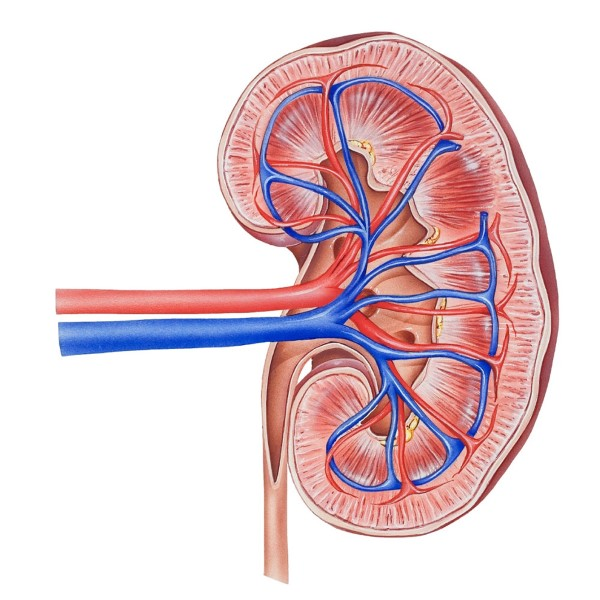IV Contrast has been around for decades. How come we still do not know whether its causes renal damage!
Well, today
is your lucky day…
These
researchers conducted a randomized double-blind placebo-controlled trial of IV
contrast in 2000 patients with borderline renal function to determine if there
was any meaningful worsening in patient-oriented outcomes.
Just
kidding!
There are
limits in conducting clinical trials… the biggest of which boils down to ethics
and feasibility. Sometimes, an RCT is not going to happen. So, we are stuck
with observational studies which have the inherent trouble in dealing
with confounding and attributing causality.
In an
attempt to overcome these limitations, these researchers performed a regression
discontinuity design (RDD).
Huh?!?
The RDD
relies upon the existence of a continuous variable (i.e. D-dimer) for which
there is a cut-off that determines treatment or investigation. Patients on
either side of the cut off have much different probabilities of investigation
but probably are reasonably matched for confounding factors.
Pretty
clever…
These
researchers included adult patients who had a D-dimer test during an ED
visit over a 5-year period in the province of Alberta, Canada. They
compared the group that had elevated D-dimers vs. those that were normal. The primary
outcome was long term renal function (up to six months from ED
visit).
Results?
150,028
patients met
inclusion criteria. Mean baseline eGFR was 86.
There was no
evidence of renal damage with a change of eGFR of only 0.4 (95%CI
-4.9 to 4.0) up to 6 six months later.
The authors conclude;
“To our knowledge, this study provides the strongest evidence to
date that intravenous contrast is not associated with significant kidney
injury…”
This overall
conclusion is correct. But... we are not worried about patients with near normal
renal function to start with. We are much more interested in the cohort that
has borderline function.
They tried
a subgroup analysis by looking at patients with eGFR <45 but state that
the analysis was hindered by missing data and small numbers. This
is unfortunate.
What should
we conclude?
Overall, the
modern IV contrast agents probably don’t do much to kidneys. But we are not
entirely sure in the cohort with more severe baseline renal impairment.
Covering:
Goulden R,
Rowe B, Abrahamowicz M, et al. Association of Intravenous Radiocontrast with
Kidney Function. A Regression Discontinuity Analysis. JAMA Intern Med.
2021;181:767-774. [Link to article]

No comments:
Post a Comment